| 1 YEAR |
1 semester | 6 CFU |
| Vincenzo MULONE (3cfu)
TBD (3cfu) |
A.Y. 2025-26 |
| Code: SSD: ING-IND-08 (by Mechatronics Engineering) |
| 1 YEAR |
1 semester | 6 CFU |
| Vincenzo MULONE (3cfu)
TBD (3cfu) |
A.Y. 2025-26 |
| Code: SSD: ING-IND-08 (by Mechatronics Engineering) |
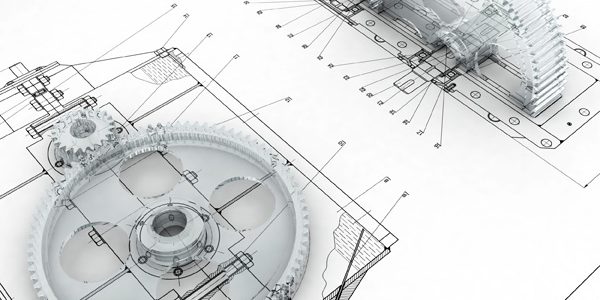
| 1 YEAR |
1 semester | 6 CFU |
| Marco Ceccarelli | A.Y. 2025-26 |
| Code: 80300216 SSD: ING-IND-13 (by Engineering Sciences) |
OBJECTIVES
LEARNING OUTCOMES: The course aims to teach students the knowledge and tools that are needed to address the issues that are related to the identification, modeling, analysis, and design of multi-body planar systems in English language and terminology
KNOWLEDGE AND UNDERSTANDING: modeling and procedures to recognize the structure and characteristics of mechanisms and machines
APPLYING KNOWLEDGE AND UNDERSTANDING: acquisition of analysis procedures for the understanding of kinematic and dynamic characteristics of mechanisms and machines
MAKING JUDGEMENTS: possibility of judging the functionality of mechanisms and machines with their own qualitative and quantitative assessments
COMMUNICATION SKILLS: learning technical terminology and procedures for presenting the performance of mechanisms
LEARNING SKILLS: learning technical terminology and procedures for the presentation of the performance of mechanisms
PREREQUISITES: knowledge of basic mechanics of rigid bodies and computation skills
SYLLABUS
Structure and classification of planar mechanical systems, kinematic modeling, mobility analysis, graphical approaches of kinematics analysis, kinematic analysis with computer-oriented algorithms; dynamics and statics modeling, graphical approaches of dynamics analysis, dynamic analysis with computer-oriented algorithms, performance evaluation; elements of mechanical transmissions.
BOOKS:
Lopez-Cajùn C., Ceccarelli M., Mecanismos, Trillas, Città del Messico
Shigley J.E., Pennock G.R., Uicker J.J., “Theory of Machines and Mechanisms”, McGraw-Hill, New York
Handnotes and papers by the teachers
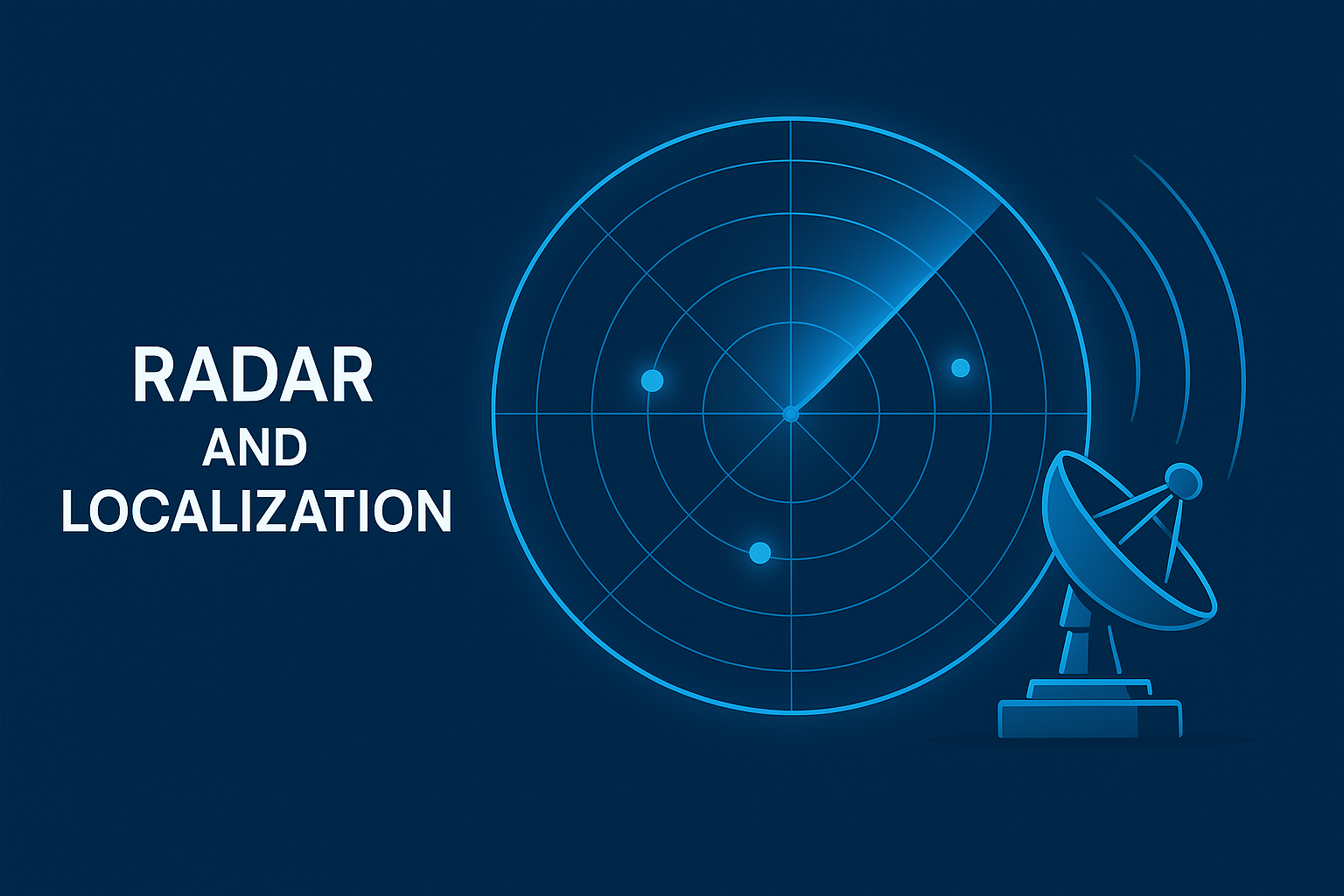
| 2 YEAR | II semester | 6 CFU |
| Prof. Mauro Leonardi | A.Y. 2025-26 |
|
|
(By ICT) |
| Code: 80300159 SSD: ING-INF/03 |
Objectives: Knowledge of the main applications and operations of radar systems with the necessary basic elements, both theoretical and technical-operational. Being aware, at the system level, performance in terms of scope, discrimination, ambiguity, Doppler filtering (MTI Improvement Factor) and Pulse Compression (analysis of waveform radar). Course content General information on radar, spectrum usage, radar measurements (distance, radial velocity, angular location). Fundamental radar equation, the noise of the receiver and antenna, propagation (attenuation and reflections), losses. Radar Cross Section and targets models (slow and rapid fluctuation); detection of targets (fixed and moving); integration of the pulses. Decision Theory and radar detection: decision criteria, detection of single pulse, revelation with N pulses. Doppler radar and Moving Target Indicator (MTI): Doppler effect and structure of the coherent transceiver, MTI filtering, Improvement factor and its limitations, Moving Target Detector, Matched filter and Pulse Compression, Chirp signal, ambiguity function. Global Navigation Satellite Systems principles and Mobile Terminal Localization.
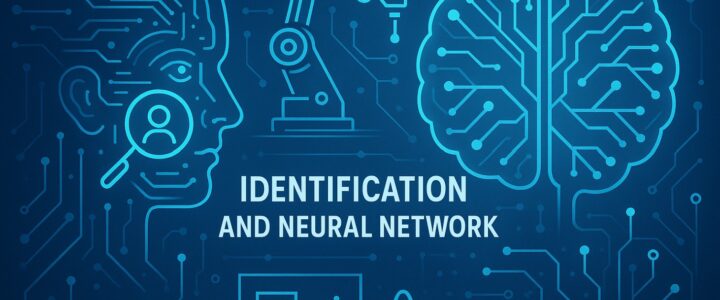
| 2 YEAR | II semester | 6 CFU |
Prof. Giovanni Santosuosso |
A.Y. 2024-25 new starts in the A.Y. 2025-26 |
| Didatticaweb | |
| Code: 80300147 SSD: ING-INF/04 |

| Computer Vision – 6 CFU | ||
| didatticaweb | ||
| arianna.mencattini@uniroma2.it | ||
| +39 06 7259 7368 | ||
| Office Location |
Dip.to di Ingegneria Elettronica |
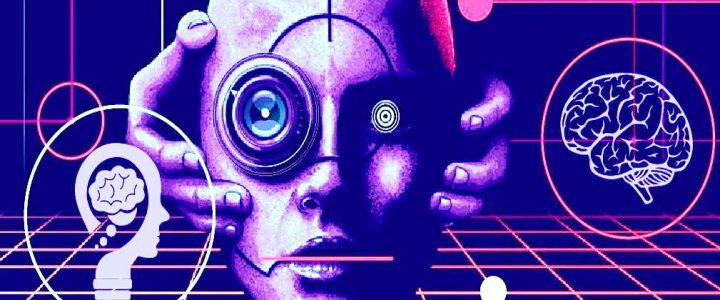
| 2 YEAR | II semester | 6 CFU |
| Arianna Mencattini | A.Y. 2023-24 (ex MEASUREMENT SYSTEMS FOR MECHATRONICS) |
| A.Y. 24-25 | |
| Code: 8039787 SSD: ING/INF/07 |
LEARNING OUTCOMES:
Learning of basic concepts in digital image processing and analysis as a novel measurement system in biomedical fields. The main algorithms will be illustrated, particularly devoted to the mechatronics fields.
KNOWLEDGE AND UNDERSTANDING:
The student acquires the knowledge related to the possibility to use an image analysis platform to monitor the dynamics of a given phenomenon and to extract quantitative information from digital images such as object localization and tracking in digital videos.
APPLYING KNOWLEDGE AND UNDERSTANDING:
The student acquires the capability to implement the algorithms in Matlab through dedicated lessons during the course to the aim of being able to autonomously develop new codes for the solution of specific problems in different application fields.
MAKING JUDGEMENTS:
The student must be able to integrate the basic knowledge provided with those deriving from the other courses such as probability, signal theory, and pattern recognition. some fundamentals of measurement systems as well as of basic metrological definitions will be provided in support of background knwoledge.
COMMUNICATION SKILLS:
The student solves a written test and develops a project in Matlab that illustrates during the oral exam. The project can be done in group to demonstrate working group capabilities.
LEARNING SKILLS:
Students will be able to read and understand scientific papers and books in English also to deepen some topics. In some cases, students will develop also experimental tests with time-lapse microscopy acquisition in department laboratory.
SYLLABUS
Fundamentals of metrology. Basic definitions: resolution, accuracy, precision, reproducibility and their impact over an image based measurement system . Image processing introduction. Image representation. Spatial and pixel resolution. Image restoration. Deconvolution. Deblurring. Image quality assessment. Image enhancement. Image filtering for smoothing and sharpening. Image segmentation: pixel based (otsu method), edge based, region based (region growing), model based (active contour, Hough transform), semantic segmentation. Morphological operators. Object recognition and image classification. Case study: defects detection, object tracking in biology, computer assisted diagnosis, facial expression in human computer interface.
Matlab exercises.
TEXTS
Digital image processing, Gonzalez and Woods, Prentice Hall, New York, 2002.
BiPM, I. E. C., IFCC, I., IUPAC, I., & ISO, O. (2012). The international vocabulary of metrology— basic and general concepts and associated terms (VIM). JCGM, 200, 2012.
ATTENDANCE
Although attendance is optional, it is strongly recommended to follow the lessons. The professor recommends the students to subscribe the course on the Delphi website. The teams platform will be used as a consequence to communicate with the Professor, ask for doubts, and download the materials used for the lessons.
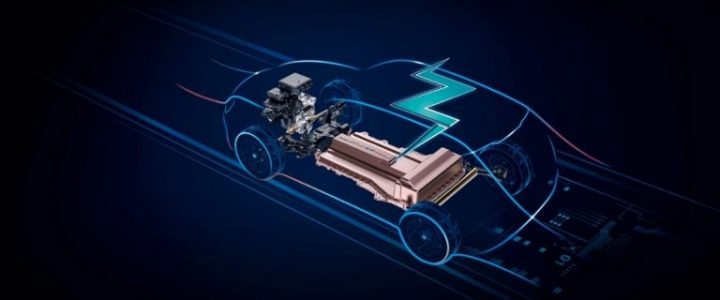
| 1 YEAR | II semester | 6 CFU |
| (from Mechanical) | |
| Lorenzo BARTOLUCCI (3cfu) Matteo BALDELLI (3cfu) |
A.Y. 2024-25 |
| Code: 80300136 SSD: ING-IND/08 |

| 1 YEAR (Block C2) |
II semester | 6 CFU |
| (from Mechanics – Energetics) | |
| Prof. Marcello PUCCI |
A.Y. 2024-25 |
| Code: 80300151 SSD: ING-IND/32 |
LEARNING OUTCOMES:
The course aims to provide the students some theoretical instruments necessary for the comprehension and related application of the fundamentals of electric and hybrid electric propulsion systems, with particular emphasis to the on-wheel and ship propulsion.
The course will permit the students to acquire and apply the fundamentals of modelling and control of electric drives for the electric and hybrid electric on-wheel and ship propulsion, beside the supply and storage systems. The issues of the impact of electric vehicles on the power grid will also be discussed, with reference to modern vehicle-to-grid (V2G) and grid-to-vehicle (G2V) technologies.
KNOWLEDGE AND UNDERSTANDING:
In order to improve understanding of the topics, the implementation of drive trains simulation models will be addressed by using Simscape Electrical libraries in the Matlab-Simulink environment. The students will acquire the capability of comprehend and demonstrate the aware knowledge of the behavior of electric and hybrid electric vehicles, with particular reference to their electric propulsion, to the electric motors, power converters and related control systems- to the supply and storage systems. The understanding will be enhanced by the comparison between different types of electric drives, power electronic converters and
related control systems, as well as different types of storage systems. Several kinds of supplies and storage systems will be analyzed as well, with particular emphasis to the fuel
cells supplied vehicles.
APPLYING KNOWLEDGE AND UNDERSTANDING:
At the end of the course students will have to show the ability to independently apply the concepts learned with particular reference to the sizing of the drive train for electric and hybrid electric vehicles, power sources as well as the issues related to the interaction of energy storage on board of vehicles with the distribution network in terms of vehicle-to-grid (V2G) and grid-to-vehicle (G2V).
MAKING JUDGEMENTS:
Students will be able to collect and process independently specialized technical information on the design and control of electric drives as well as on energy storage systems used in electric and hybrid electric propulsion by road and sea and finally verify their validity.
COMMUNICATION SKILLS:
Students will be able to interact with specialists in power electronics and electric drives in order to elaborate the technical information necessary for the development of a design activity to be carried out individually or in groups.
LEARNING SKILLS:
The expertises acquired during the course will allow students to undertake higher-level training courses or apply for specialist technical roles in companies in the sector with a good degree of autonomy.
Prerequisities
It is suggested to have the basic knowledge of Electrical Network Analysis and Power Electronics
SYLLABUS
The course will be articulated in the following way:
– Electric Vehicles
– Hybrid Electric Vehicles
– Electric Propulsion Systems for vehicles
– Series Hybrid Electric Drive Train Design
– Parallel Hybrid Electric Drive Train Design
– Energy Storages (Batteries, Supercapacitors, – Ultrahigh-Speed Flywheels, Hybrid)
– Fuel Cell Vehicles
– Ship propulsion systems
– Vehicle to Grid (V2G) and Grid to Vehicle (G2V)
TEXTS
Educational material provided by the teacher
– John M. Miller, Propulsion Systems for Hybrid Vehicles, IET, 2008
– Iqbal Husain, Electric and Hybrid Vehicles: Design Fundamentals, 2010, CRC Press
– Mehrdad Ehsani, Yimin Gao, Ali Emadi, Modern Electric, Hybrid Electric, and Fuel Cell
Vehicles: Fundamentals, Theory, and Design, 2017, CRC Press
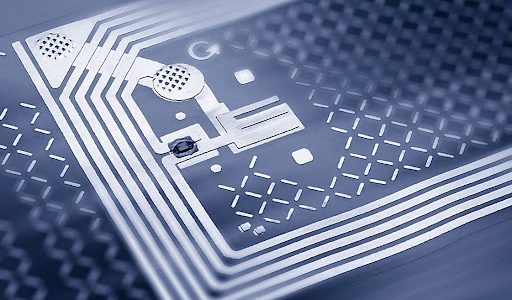
| 1 YEAR (Block D) |
1 semester | 6 CFU |
| (from Physics) | |
| Prof. Herve Bourdin |
A.Y. 2024-25 |
| Code: 80300139 SSD: FIS/05 |

| 1 YEAR (Block C) |
1 semester | 6 CFU |
| (from ICT Internet Engineering) | |
| Prof. Gaetano MARROCCO |
A.Y. 2024-25 |
| Code: 8039528 SSD: ING-INF/02 |
(prerequisite: ELECTROMAGNETIC FIELDS)